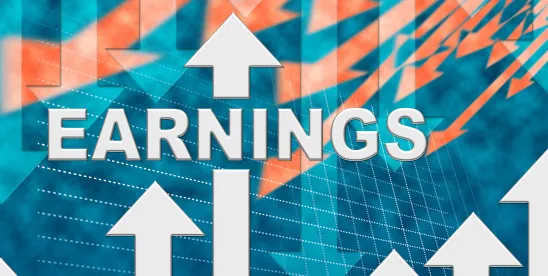On May 21, the South Carolina Governor signed a Bill to enact the Earned Wage Access Services Act (the Act), joining Kansas, Missouri, Nevada and Wisconsin as the fifth state to codify earned wage access (EWA) services. Many other states are considering such legislation, while a few others have so far relied on regulatory opinions or guidance.
The Act, which will take effect six months after the Governor’s signature, will require providers of EWA services to register with South Carolina, renew the registration on an annual basis, and maintain a surety bond payable to the state. The Act does not apply to banking institutions or trust companies.
Providers also will be subject to a number of substantive requirements, including that they must:
- Provide at least one reasonable option to obtain earned-wage proceeds at no cost to the consumer;
- Disclose the EWA terms and conditions and any fees that may be directly imposed by the provider;
- If the provider solicits, charges or receives a tip, gratuity, or other donation, before each transaction the provider must clearly disclose that those payments are voluntary and that eligibility for the EWA service is not contingent on whether the consumer makes such payments;
- If the provider will seek repayment of proceeds, fees, or other payments from the consumer’s bank account, the provider must comply with the Electronic Fund Transfers Act; and
- Reimburse the consumer for overdraft or non-sufficient funds fees charged by the consumer’s bank that are caused by the provider attempting to seek payment of outstanding proceeds, fees or other payments in an incorrect amount or on a date before that disclosed to the consumer.
The provider also may not share with the employer any fees or charges received from the consumer, including voluntarily-paid tips; charge any late fee, interest or other penalty for failure to repay the outstanding proceeds; accept payment of outstanding proceeds, fees, voluntary tips, gratuities or other donations via a credit card or charge card; charge a deferral fee or any other charge in connection with deferring the collection of any outstanding proceeds beyond the original scheduled repayment date; report consumers to credit bureaus for failure to pay; require a credit score to determine eligibility; or seek to compel payment through law suits, use of third party collectors, or sale of the outstanding amounts to third-party collectors or debt buyers.
On the positive side, amounts provided to consumers by the provider will not be treated as loans under the South Carolina Consumer Protection Code (CPC); fees and other charges (including voluntary tips, gratuities, or other donations) will not be treated as finance charges under the CPC; and the provider will not be treated as a lender under the CPC. Providers also will not be considered to be engaged in money transmission under the South Carolina Anti-Money Laundering Act or deferred presentment providers under the Deferred Presentment Services Act.




 />i
/>i

